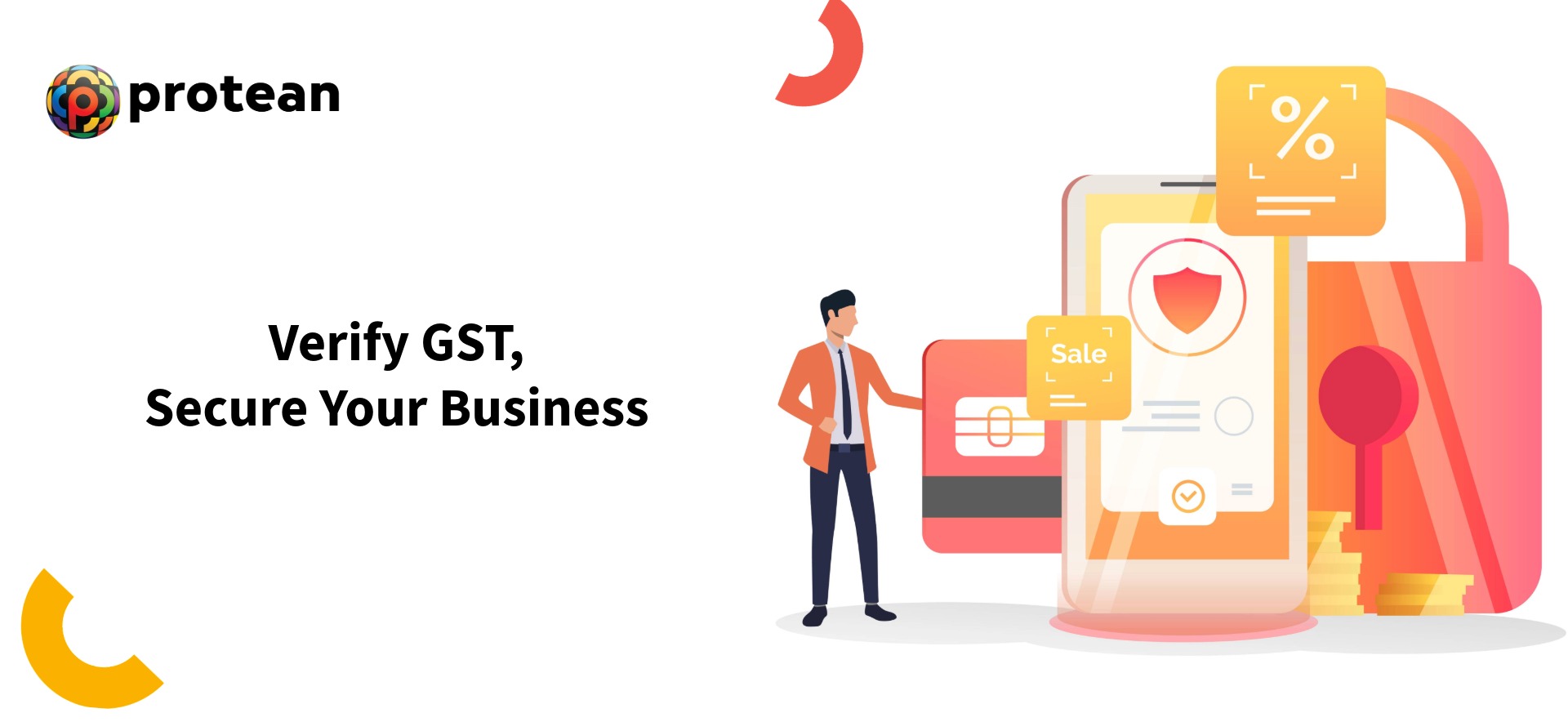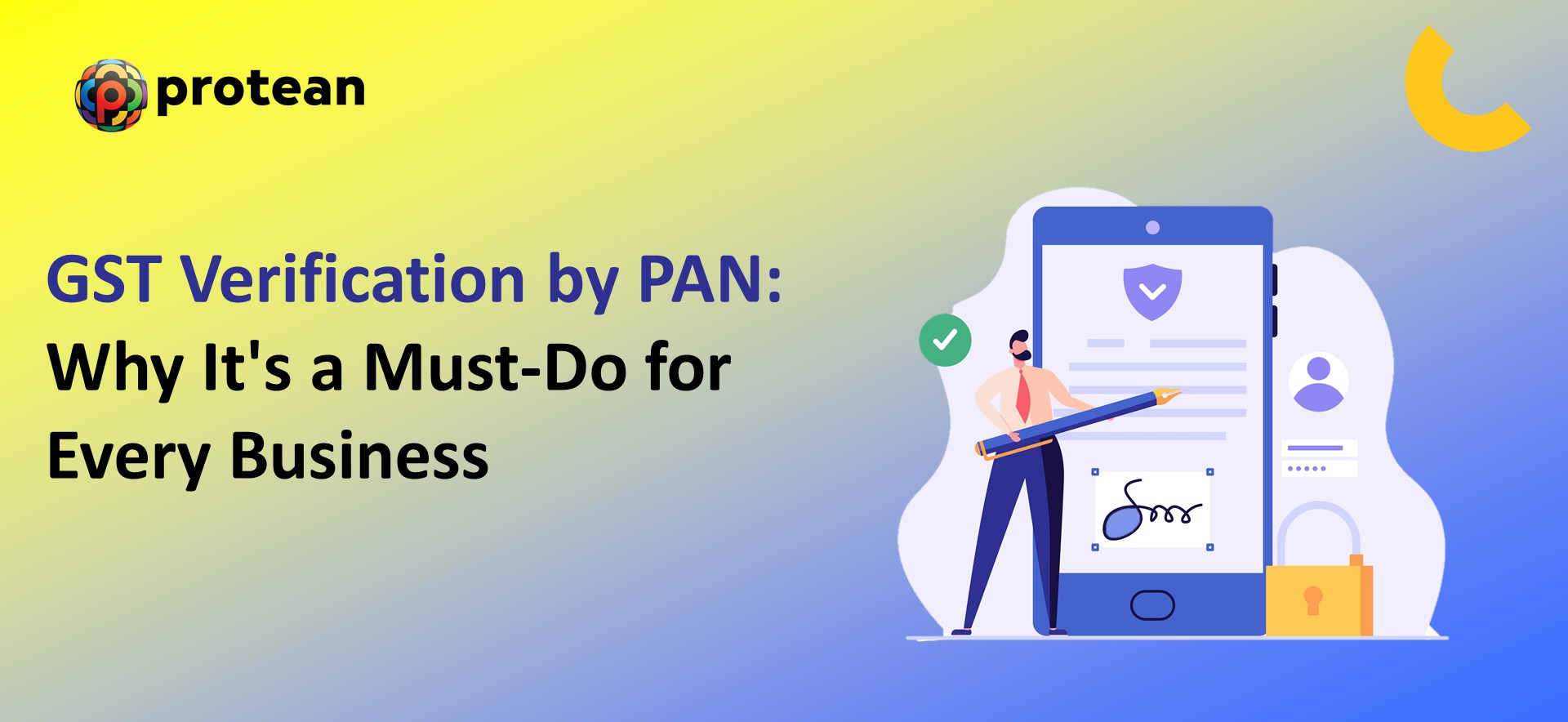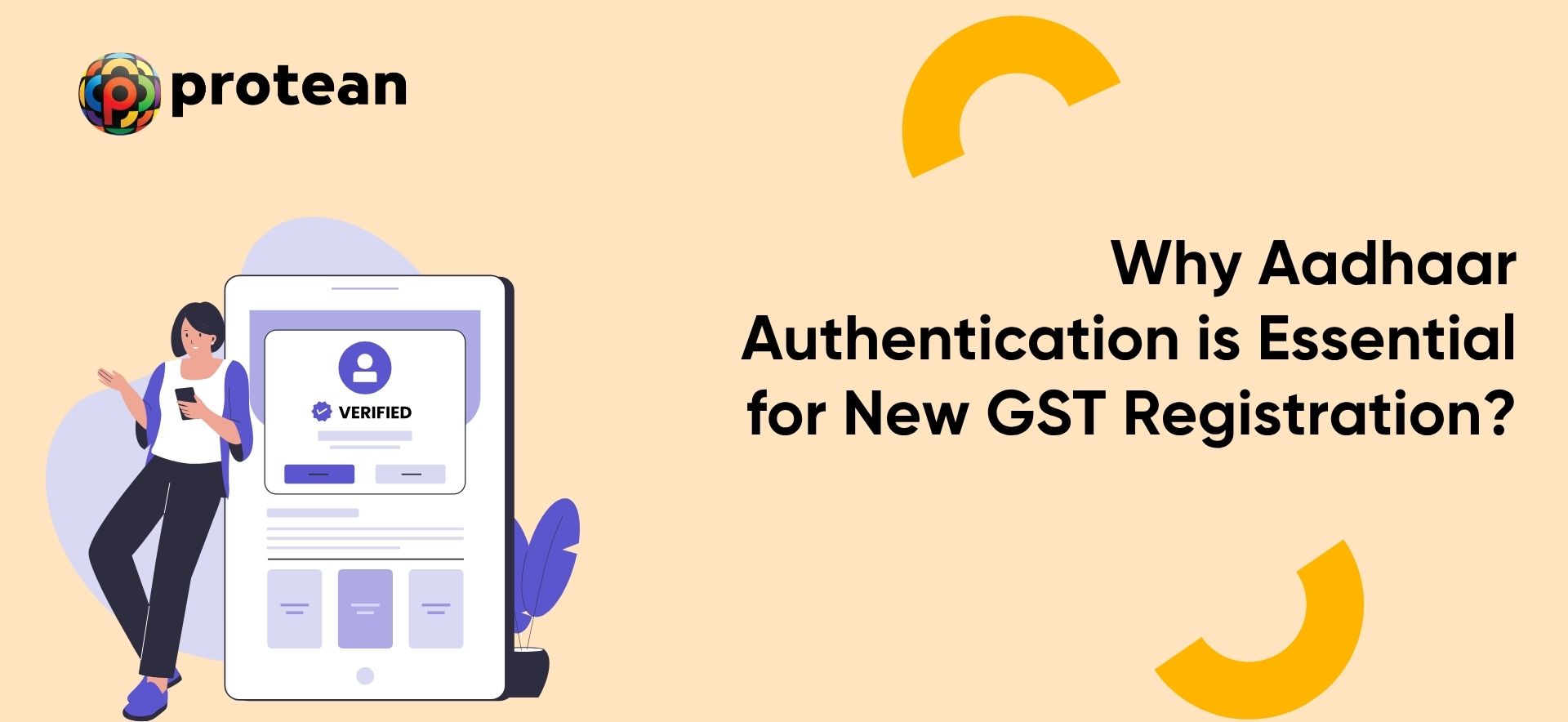Blogs
Why Businesses Can’t Afford to Skip GST Number Validation
For any business, GST (Goods and Services Tax) is an integral part of their accounts. Thus, GST validation or GST number validation is a step that cannot be skipped.
The GST system is the backbone of all B2B transactions, especially in enabling input tax credit claims.
Every invoice, most vendor payments, and tax credit claims rely on a valid GST Identification Number (GSTIN). However, businesses often overlook the simple step of verifying this number at the source.
This oversight is more than a clerical error. It is a considerable financial risk. Therefore, proactive GST number validation has become a non-negotiable step for any business committed to financial integrity and seamless compliance in the digital age.
Let us look at the importance of GST validation for businesses.
Why GST Validation is Important for Businesses
The entire mechanism of Input Tax Credit (ITC) is dependent on accurate GST data. Your business can only claim ITC on purchases if the supplier has a valid GSTIN, has correctly filed their GST returns, and the invoice details match your valid GSTIN.
If your supplier's GSTIN is incorrect, suspended, or fake, your ITC claim would become invalid. This can directly impact your cash flow and tax liability.

GST validation is the first line of defense against such common problems. It is a real-time check that can confirm if a GSTIN is not just structurally correct and active. It can also confirm if the GSTIN is registered to the business you are dealing with.
Businesses can face considerable risk by skipping this check. It means that the business is essentially operating on blind trust. This can be dangerous in a system built on verifiable data. This simple check is foundational to robust financial health.
How GST Validation Can Protect Your Business
The protections offered by GST number validation are extensive and can directly impact a company's bottom line.
Protection Against Vendor Fraud
The most immediate threat it neutralises is vendor fraud. In a vendor fraud, malicious actors can create fake invoices from non-existent companies. This invoice is structurally complete with a fabricated GSTIN. An automated GST validation check which is integrated at the vendor onboarding stage, can stop this fraud at the first step. It instantly flags GSTINs that are fake, cancelled, or suspended. Thus, it can help prevent fraudulent payments from being processed.
Compliance Errors
Beyond overt fraud, the GST validation process can also safeguard against costly compliance errors. Many businesses face challenges where their accounts team meticulously claims ITC from hundreds of supplier invoices, only to have a significant portion rejected by the GST Network (GSTN) during reconciliation.
What could be a reason for this? A simple typo in a supplier's GSTIN recorded in your master data. This error can create a domino effect i.e., lost ITC, time-consuming reconciliations, and potential penalties during an audit.
This is where API-driven solutions, such as the GSTIN verification API from RISE with Protean, become invaluable. These tools do more than a simple manual check. They provide a detailed response from the GSTN (including the legal trade name, registration date, and current filing status). This automated GST validation can ensure that your vendor master file is perpetually clean and accurate, protecting your business from the inside out.
Benefits of GST Validation
Integrating GST number validation into your procurement and finance workflows can build a framework of trust and integrity. With this, your business can vet potential partners and suppliers with confidence. You know immediately if a potential vendor is compliant and their GST status is 'Active'. This proactive vetting can mitigate long-term risks associated with dealing with non-compliant entities.
A robust GST validation process can also streamline your entire accounts payable operation. It can help reduce data errors, supporting accurate B2B e-invoicing and smoother ITC claim processing, thereby strengthening your supply chain relationships.
Conclusion
GST validation is a critical business strategy for any professional organisation. The financial risks of fraudulent invoices, disqualified ITC claims, and compliance penalties are far too high to ignore. Businesses cannot afford to skip this step.
Adopting automated GST verification solutions, such as the APIs offered by platforms like RISE with Protean, transforms this essential compliance check from a manual process into a seamless, real-time system that helps protect revenue, ensure regulatory compliance, and secure financial operations.
Frequently Asked Questions (FAQs)
Q1: What details does a GST number validation API provide?
A robust GST validation API fetches data directly from the GSTN and typically returns the legal name of the business, trade name (if available), GSTIN status (Active/Cancelled), registration date, business constitution (e.g., private limited, sole proprietor), and principal address.
Q2: Can I not just perform GST validation manually on the official portal?
Manual checks are possible for one or two numbers but are impractical for businesses dealing with hundreds of vendors. An API automates this process at the point of data entry, eliminating human error and saving significant time.
Q3: What happens if I deal with a vendor who has a 'Cancelled' GSTIN?
Transacting with a business holding a 'Cancelled' GSTIN is high-risk. You will not be able to claim Input Tax Credit (ITC) for any purchases made from them after the cancellation date, leading to a direct financial loss.






